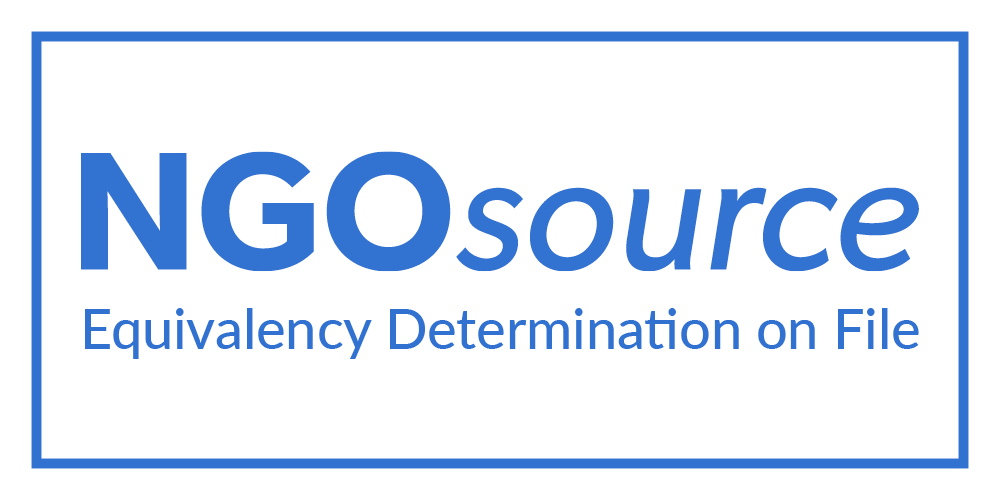HIV

Improving Advanced HIV Disease Ourcomes with IMPAACT4HIV
The Improved Access to AHD Care and Treatment for HIV (IMPAACT4HIV) project is a Unitaid-funded project dedicated to enhancing access to optimal diagnosis, prevention, treatment, and innovative delivery mechanisms for Advanced HIV Disease (AHD).
Despite significant investments in HIV, mortality rates remain unacceptably high, with one-quarter of HIV-related deaths occurring in sub-Saharan Africa. In 2022, 630,000 HIV-related deaths were reported globally, half of which were due to advanced HIV disease. This condition disproportionately affects children under five, who are at high risk of severe illness and death.
Advancing Science, Saving Lives: Our Clinical Trials Legacy
The Aurum Institute has been at the forefront of global health research for over two decades, conducting over 224 clinical trials and enrolling more than 67,000 participants across six state-of-the-art Clinical Research Sites in South Africa and Mozambique.
Our portfolio spans HIV prevention and treatment, tuberculosis innovations, COVID-19 vaccine rollouts, and reproductive health, reflecting our commitment to responsive and transformative science.
The trials featured below illustrate the breadth and depth of our research, ranging from early-phase safety studies to large-scale, multi-country vaccine trials. Whether investigating long-acting PrEP, host-directed TB therapies, or pandemic preparedness, each trial is a step forward in improving health equity and saving lives across communities.
What We Do
Clinical Research
Read more
Implementation Research
Read more
Key Populations
Read more
Correctional Services
Read more
Mineworkers
Read more
Adolescents and Young People
Read more
Monitoring, Evaluation and Reporting
Read more
Research Studies
-
Methodological approach: Mixed methodology involving; Cross-sectional data collection and in-depth interviews with health care workers and sample collection.
Key Findings: Sensitivity and specificity of PSC was high in field settings. There was a quantitative viral load agreement between plasma collected using PSC and EDTA. It was mostly preferred for use in infants and young children.
Outputs/Outcomes: N/A
Related resources: Summary sheet submitted to CDC.
- Timeline: April 2019-September 2019
- Research Partners: NHLS
- Locations: Bojanala, Ekurhuleni
-
Methodological approach: Mixed methodology involving; Bio-behavioural survey with cross-sectional questionnaire, in-depth interviews with security staff and inmates and FGDs with health care workers, Biological sample collection.
Key Findings: HIV, Hepatitis B and C prevalence higher than in general population Risk factors include:
Outputs/Outcomes: N/A
Related resources: Summary sheet submitted to CDC.
- Timeline: March 2019- December 2019
- Research Partners: NICD
- Locations: Kgosi Mampuru correctional facility, Polokwane correctional facility
-
Methodological approach: Mixed methodology involving; quantitative survey and Focus Group Discussions with young people.
Key Findings: Analysis underway
Outputs/Outcomes: 1. KAP among young people. 2. Impact of CBCT intervention
Related resources: Analysis underway
- Timeline: May 2020-December 2020
- Research Partners: GFA Consulting, NDoH
- Locations: Nkangala District Municipality -Mpumalanga, OR Tambo District Municipality - Eastern Cape, Chris Hani District Municipality - Eastern Cape, Sara Bartmaan District Municipality -Eastern Cape, Nelson Mandela District Municipality - Eastern Cape










